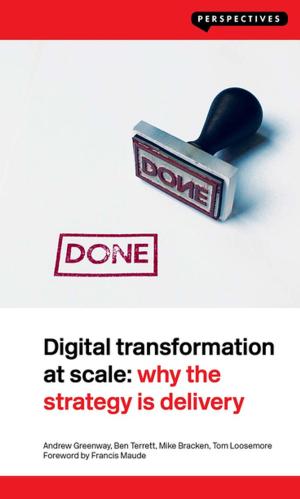Killjoys: A Critique of Paternalism
A Critique of Paternalism
Business & Finance, Marketing & Sales, Consumer Behaviour, Nonfiction, Social & Cultural Studies, Political Science| Author: | Christopher Snowdon | ISBN: | 9780255367516 |
| Publisher: | London Publishing Partnership | Publication: | October 26, 2017 |
| Imprint: | London Publishing Partnership | Language: | English |
| Author: | Christopher Snowdon |
| ISBN: | 9780255367516 |
| Publisher: | London Publishing Partnership |
| Publication: | October 26, 2017 |
| Imprint: | London Publishing Partnership |
| Language: | English |
Eating sugary food, drinking alcohol and smoking cigarettes are legal activities. But politicians still use the law to discourage them. They raise their price, prohibit or limit their advertisement, restrict where they can be sold and consumed, and sometimes ban them outright. These politicians thereby violate John Stuart Mill’s famous principle that people should be free to do whatever they like, provided they harm no one but themselves. Why? What can justify these paternalistic policies? Killjoys reviews the full range of justifications that have been offered: from the idea that people are too irrational to make sensible decisions to the idea that they are effectively compelled by advertising to harm themselves. The author, Christopher Snowdon, exposes the logical or factual errors that undermine each purported justification. He thus provides a comprehensive critique of the health paternalism that has been adopted by governments around the world.
Eating sugary food, drinking alcohol and smoking cigarettes are legal activities. But politicians still use the law to discourage them. They raise their price, prohibit or limit their advertisement, restrict where they can be sold and consumed, and sometimes ban them outright. These politicians thereby violate John Stuart Mill’s famous principle that people should be free to do whatever they like, provided they harm no one but themselves. Why? What can justify these paternalistic policies? Killjoys reviews the full range of justifications that have been offered: from the idea that people are too irrational to make sensible decisions to the idea that they are effectively compelled by advertising to harm themselves. The author, Christopher Snowdon, exposes the logical or factual errors that undermine each purported justification. He thus provides a comprehensive critique of the health paternalism that has been adopted by governments around the world.















